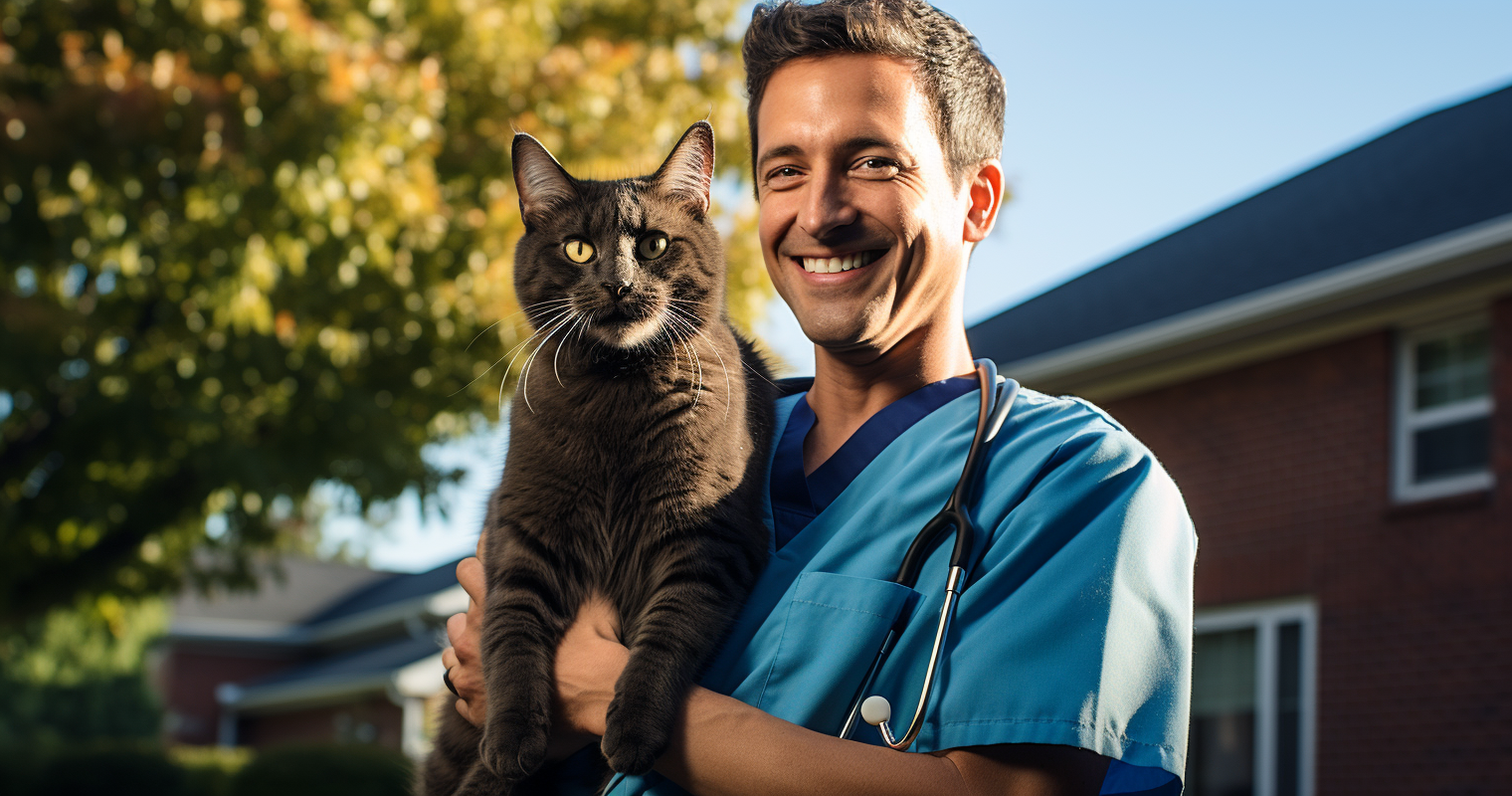The Bahamas is a popular tourist destination consisting of a chain of islands located in the Atlantic Ocean. The country is known for its beautiful beaches, crystal-clear waters, and tropical climate. The Bahamas is also home to a variety of domesticated animals, including cats, dogs, and horses, all of which require veterinary care. In this article, we will discuss the standard of veterinary care in The Bahamas, the national veterinary association in the country, and the availability of English-speaking vets.
Standard of Veterinary Care in The Bahamas
The standard of veterinary care in The Bahamas is generally considered to be adequate. The country has a limited number of veterinary clinics and hospitals that provide a range of services, including routine check-ups, vaccinations, surgeries, and emergency care. The majority of these clinics are located in the major cities of The Bahamas, such as Nassau and Freeport, but there are also clinics in smaller towns and rural areas throughout the country.
One of the largest veterinary clinics in The Bahamas is the Bahamas Humane Society (BHS), located in Nassau. This clinic offers a range of services, including preventative care, diagnostic imaging, and surgery. The clinic is staffed by a team of experienced veterinarians who are trained to handle a variety of medical issues. Another popular veterinary clinic in The Bahamas is the Bahamas Veterinary Association (BVA), also located in Nassau, which offers specialized care for pets and livestock.
In addition to these larger clinics, there are also a number of smaller veterinary practices located throughout the country. These practices may offer more specialized services, such as equine or livestock care. Overall, the standard of veterinary care in The Bahamas is considered to be adequate, but may not be on par with that of other developed countries.
National Veterinary Association in The Bahamas
The national veterinary association in The Bahamas is the Bahamas Veterinary Medical Association (BVMA). This association was established in 1987 and is responsible for regulating the veterinary profession in the country. The BVMA is also responsible for promoting animal health and welfare, as well as providing continuing education and training opportunities for veterinary professionals in The Bahamas.
The BVMA can be contacted at the following address and phone number:
Address: P.O. Box N-4046, Nassau, The Bahamas
Phone: (242) 327-2852
In addition to its regulatory and educational roles, the BVMA also provides a directory of veterinary professionals in The Bahamas. This directory can be accessed on the association’s website, which also provides information about upcoming events and continuing education opportunities for veterinary professionals in The Bahamas.
Availability of Vets in The Bahamas
Finding a veterinarian in The Bahamas may be more difficult than in some other countries, as the country has a limited number of veterinary clinics and hospitals. In larger cities like Nassau and Freeport, there are multiple clinics to choose from. However, in smaller towns and rural areas, there may be fewer options available.
Finally, if you are traveling to The Bahamas with a pet, it is important to check the specific requirements for bringing pets into the country. The Bahamian government has strict regulations for the importation of pets, including requirements for vaccinations, health certificates, and microchips. It is important to ensure that you have met all of these requirements before traveling to The Bahamas with your pet to avoid any issues with customs or quarantine.
In conclusion, the standard of veterinary care in The Bahamas is considered to be adequate, with a limited number of veterinary clinics and hospitals located throughout the country. The Bahamas Veterinary Medical Association provides regulatory oversight, education, and training opportunities for veterinary professionals in the country. Whether you are a resident of The Bahamas or a visitor to the country, it is important to know that veterinary care is available to meet the needs of your pets and other domesticated animals.

